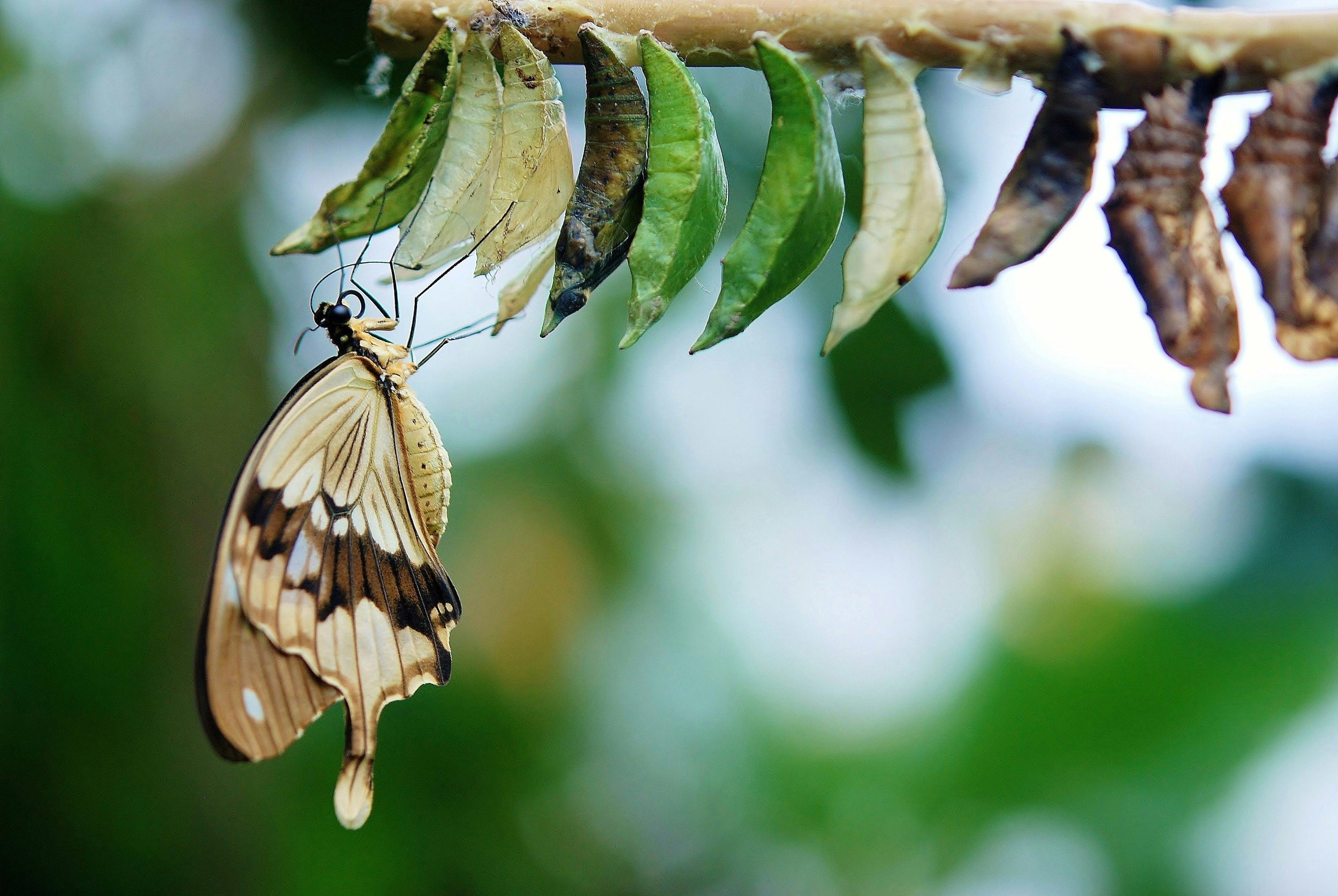
Powering Sustainability with Science: LCA Project with Maribor University
A comprehensive Life Cycle Assessment (LCA) is being conducted to evaluate the environmental footprint of polyhydroxyalkanoates (PHA) products.
This project aims to bridge the existing data gap surrounding the sustainability of PHAs, ultimately providing valuable insights for both local and global stakeholders.
Importance of the Initiative
The demand for sustainable materials has never been more pressing. With increasing awareness of the detrimental impacts of conventional plastics on the environment, there is an urgent need for transparent, data-driven assessments of alternative materials. However, a critical barrier to wider adoption of PHAs is the lack of comprehensive data on their environmental performance compared to traditional plastics.
The LCA project is designed to fill this data void, providing essential metrics that can substantiate claims regarding the sustainability of PHA products. By evaluating various stages of the product life cycle—from raw material extraction and production to usage and disposal—the LCA will deliver insights into the overall environmental impact of PHAs. This is not only vital for informing consumers and businesses but also for guiding policymakers in crafting effective regulations and incentives for sustainable practices
Local and Global Impacts
The LCA project enhances local economies by validating the sustainability of PHAs, giving local producers a competitive advantage and fostering the growth of green jobs and sustainable businesses. Additionally, it contributes to community health by reducing reliance on traditional plastics, resulting in lower pollution and waste levels, which promotes healthier living conditions. Moreover, the collaboration with the University of Maribor serves as an educational platform, increasing awareness of sustainability and innovative materials among students and the community.
The LCA project will provide essential data for policymakers worldwide, facilitating the creation of informed regulations that encourage the use of sustainable alternatives to fossil-based plastics.
It aligns with the United Nations’ Sustainable Development Goals, particularly those related to responsible consumption and production, supporting the global transition to a circular economy. Additionally, the project highlights the value of international collaboration in tackling global challenges, allowing countries to share knowledge and resources to accelerate the adoption of sustainable practices.

Expected Outcomes
Upon completion of the LCA project, there will be robust data that validates PHAs as a sustainable solution, contributing significantly to both academic research and practical applications in the industry. This information will be invaluable for:
Industry Stakeholders: Manufacturers will have concrete evidence to support their claims of sustainability, fostering consumer trust and expanding market opportunities.
Policymakers: The data will assist in formulating regulations that encourage the use of environmentally friendly materials, driving the legislative landscape toward sustainability.
Academics and Researchers: The findings will contribute to the body of knowledge surrounding sustainable materials, promoting further research and innovation.
The LCA project with the University of Maribor is a vital initiative that addresses the pressing need for comprehensive data on the environmental footprint of PHA products. By powering sustainability with science, this collaboration not only bridges crucial knowledge gaps but also lays the groundwork for informed decision-making at both local and global levels. Through this initiative, we are taking significant strides towards a more sustainable future, validating PHA as a legitimate alternative to conventional plastics, and fostering a circular economy for generations to come.
For further inquiries, please contact Maximilian Lackner.


